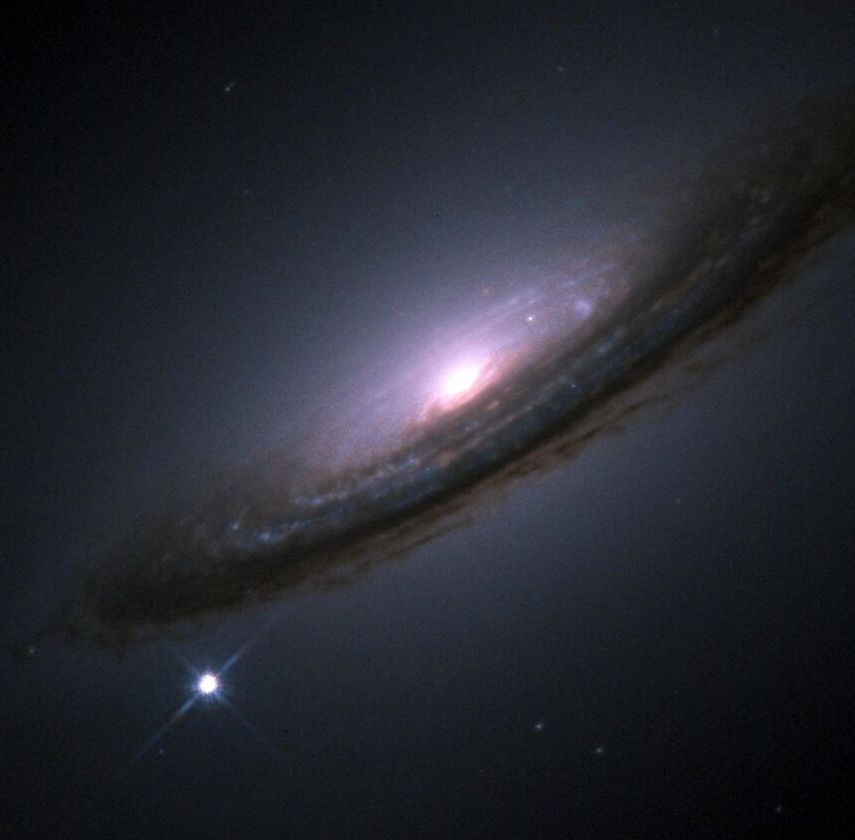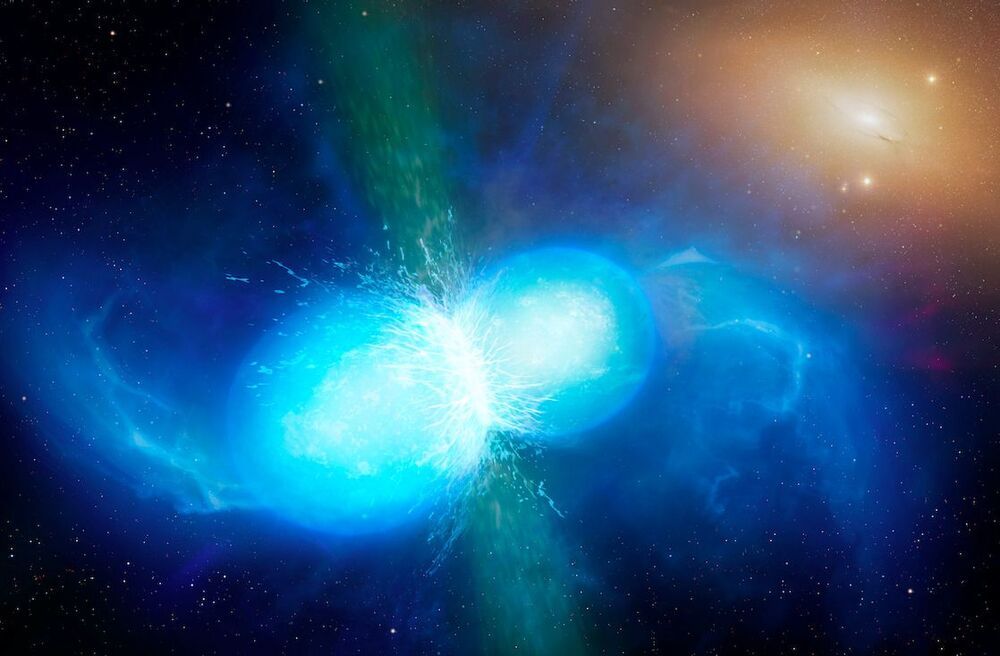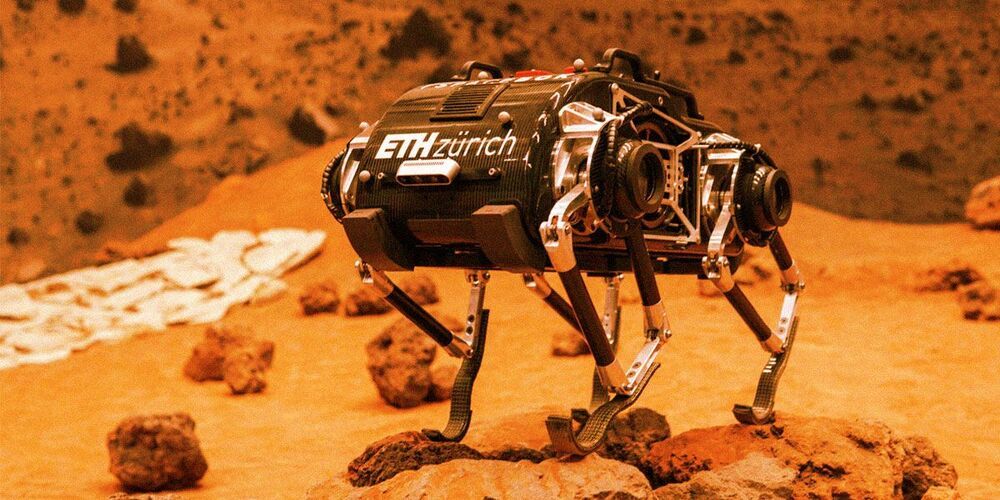NASA and the European Space Agency recently announced the approval of three new missions to explore Venus.
How did this scorching planet evolve to be so different than its sister, Earth? 3 NASA and ESA missions are beginning the search for answers.


More than 90 years ago, astronomer Edwin Hubble observed the first hint of the rate at which the universe expands, called the Hubble constant.
Almost immediately, astronomers began arguing about the actual value of this constant, and over time, realized that there was a discrepancy in this number between early universe observations and late universe observations.
Early in the universe’s existence, light moved through plasma — there were no stars yet — and from oscillations similar to sound waves created by this, scientists deduced that the Hubble constant was about 67. This means the universe expands about 67 kilometers per second faster every 3.26 million light-years.






Engineers from ETH Zurich in Switzerland and the Max Planck Institute in Germany built a small quadrupedal robot meant to leap around on the surface of the Moon, much like the Apollo astronauts did half a century ago.
Now SpaceBok, named after the bounding springbok antelope, is getting a Mars upgrade — on the Red Planet, it will have to weather much stronger gravity than on the Moon and face more treacherous terrain, as Wired reports.
The concept is a strong one. If it were to ever land on Mars, a walking robot could explore terrain that has so far been off limits to wheeled rovers — and maybe even the planet’s mysterious caves.

ABSTRACT. Galaxy models have long predicted that galactic bars slow down by losing angular momentum to their postulated dark haloes. When the bar slows down, resonance sweeps radially outwards through the galactic disc while growing in volume, thereby sequentially capturing new stars at its surface/separatrix. Since trapped stars conserve their action of libration, which measures the relative distance to the resonance centre, the order of capturing is preserved: the surface of the resonance is dominated by stars captured recently at large radius, while the core of the resonance is occupied by stars trapped early at small radius. The slow down of the bar thus results in a rising mean metallicity of trapped stars from the surface towards the centre of the resonance as the Galaxy’s metallicity declines towards large radii. This argument, when applied to Solar neighbourhood stars, allows a novel precision measurement of the bar’s current pattern speed |$\Omega _{\rm p}= 35.5 \pm 0.8 \, {\rm km}\, {\rm s}^{-1}\, {\rm kpc}^{-1}$|, placing the corotation radius at |$R_{\rm CR}= 6.6 \pm 0.2 \, {\rm kpc}$|. With this pattern speed, the corotation resonance precisely fits the Hercules stream in agreement with kinematics. Beyond corroborating the slow bar theory, this measurement manifests the deceleration of the bar of more than |$24{{\ \rm per\ cent}}$| since its formation and thus the angular momentum transfer to the dark halo by dynamical friction. The measurement therefore supports the existence of a standard dark-matter halo rather than alternative models of gravity.
